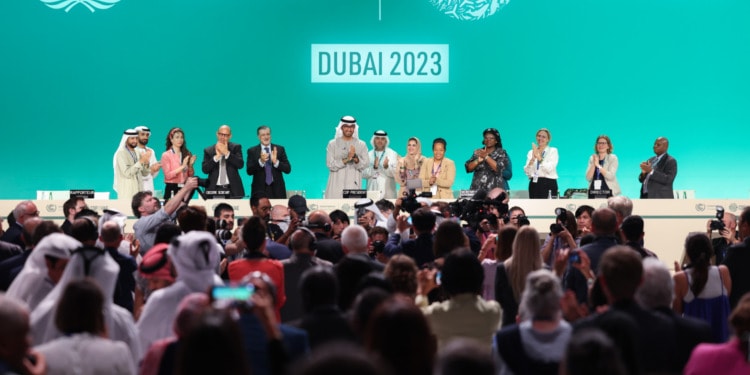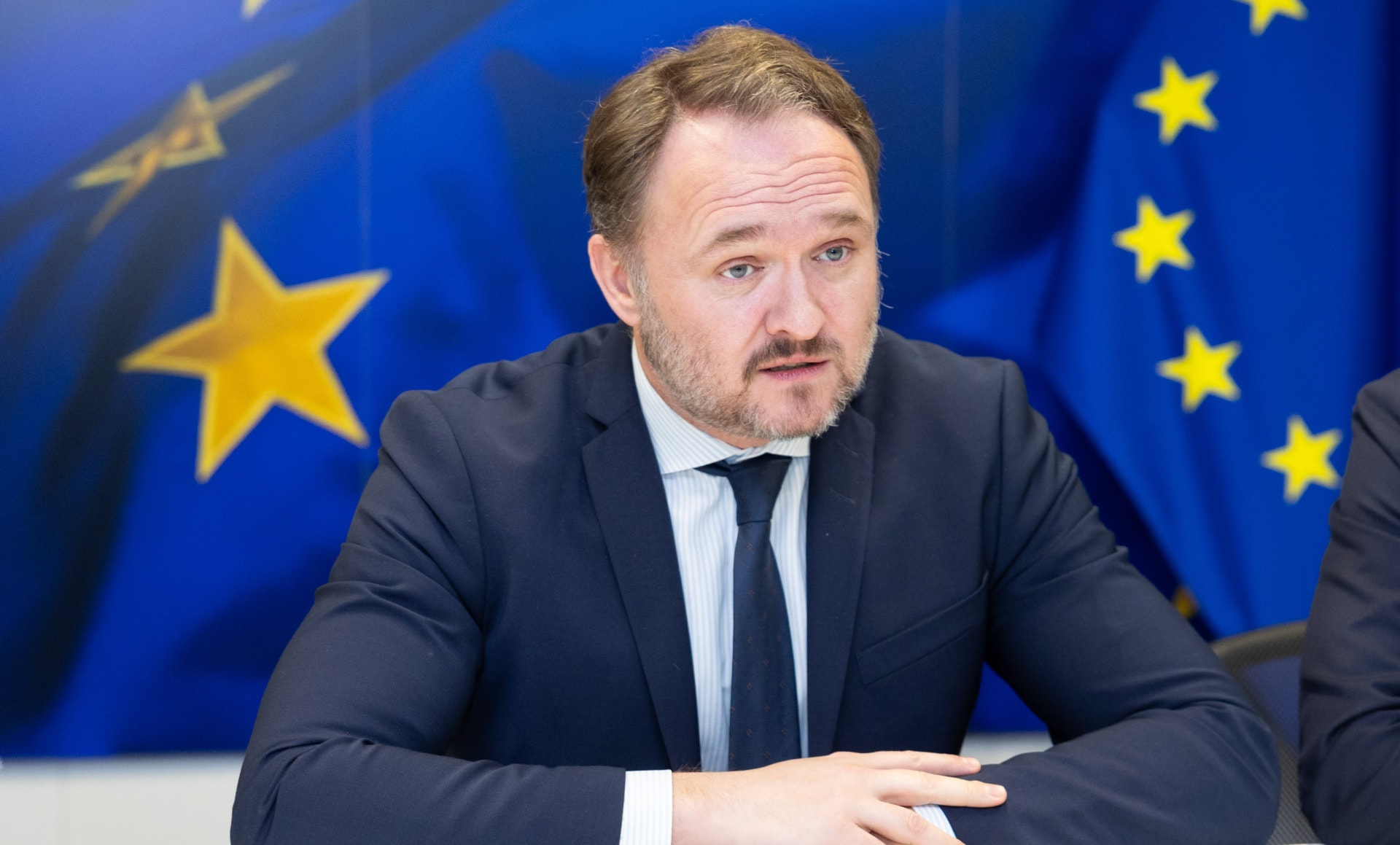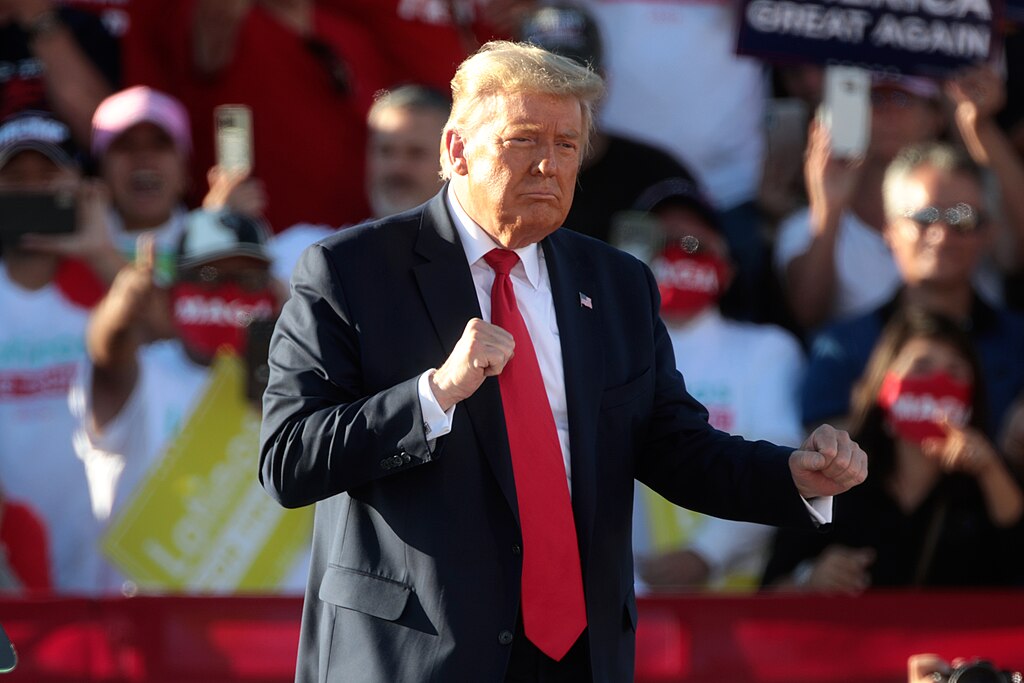After two weeks of intense negotiations, world leaders reached a historic agreement at COP28 in Dubai on Wednesday to “transition away” from fossil fuels.
The deal, however, uses ambiguous language that many argue could allow some nations to take little action.
Dubbed the Global Stocktake, the accord was signed early in the morning following lengthy negotiations between nations vehemently opposed to each other over the future role of coal, oil, and gas.
In his speech at the final COP28 session, before delegates approved the agreement, COP28 President-Designate Sultan Al Jaber referred to the accord as “historic,” stating that, “for the first time ever,” we have “language on fossil fuels in our final agreement.”
The deal, Al Jaber added, represents “a paradigm shift that has the potential to redefine our economies.”
While some governments argued that the agreement marked the end of the fossil fuel age, more aspirational countries and climate groups contended that it isn’t enough to address the climate crisis.
“At long last the loud calls to end fossil fuels have landed on paper in black and white at this COP, but cavernous loopholes threaten to undermine this breakthrough moment,” said the Center for Biological Diversity’s Energy Justice Director, Jean Su.
For example, the pact does not mandate the global “phase-out” of oil, coal, and gas — a term that was present in an earlier draft of the agreement and something climate groups and over 100 countries had been calling for.
Rather than that, the agreement “calls on” nations to “contribute” to international efforts to reduce carbon pollution in any way they see fit. One option is to “transition away” from fossil fuels in energy systems and “accelerate action in this critical decade, so as to achieve net zero by 2050.”
Related Articles: How the UNFCCC Can Tackle Fossil Fuel Subsidies at COP28 and Beyond | Who Pays and How: The COP28 Dilemma of Debt and Equity
While oil-producing countries, led by Saudi Arabia, rejected the wording pertaining to the phase-out of fossil fuels, parties like the European Union and island states voiced their displeasure over an earlier draft that contained weakened wording about fossil fuels.
According to US Climate Envoy John Kerry, disagreements over fossil fuel language almost brought the summit to a halt.
“I think there were times in the last 48 hours where some of us thought this could fail,” Kerry said today. But in the end they “‘stepped up and said, ‘we want this to succeed.’”
The agreement, Kerry said, is “much stronger and clearer as a call on 1.5 than we have ever heard.”
“The message coming out of this COP is we are moving away from fossil fuels,” he added. “We’re not turning back.”
Editor’s Note: The opinions expressed here by the authors are their own, not those of Impakter.com — In the Featured Photo: H.E. Dr. Sultan Al Jaber, COP28 President and other participants onstage during the Closing Plenary at the UN Climate Change Conference COP28 at Expo City Dubai on December 13, 2023, in Dubai, United Arab Emirates. Featured Photo Credit: COP28 / Christopher Pike.












